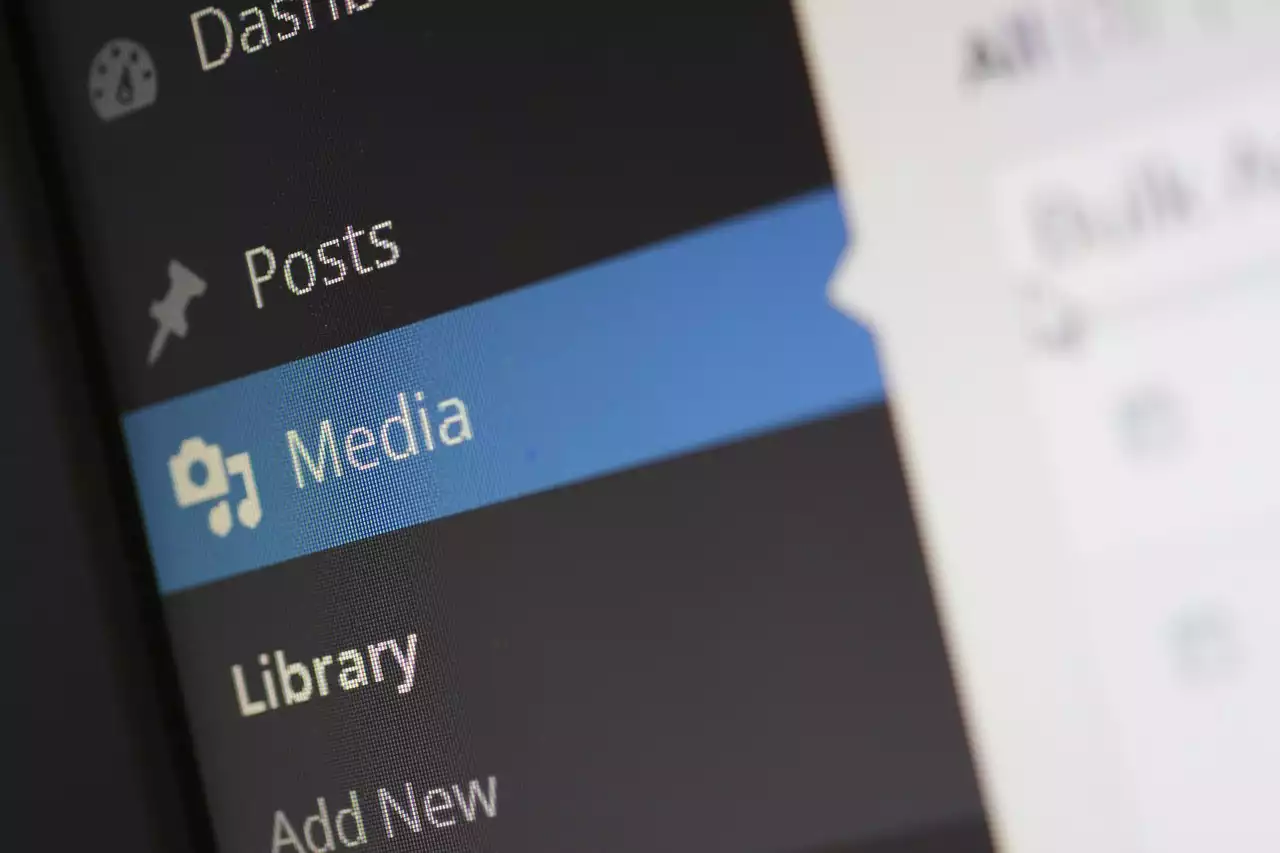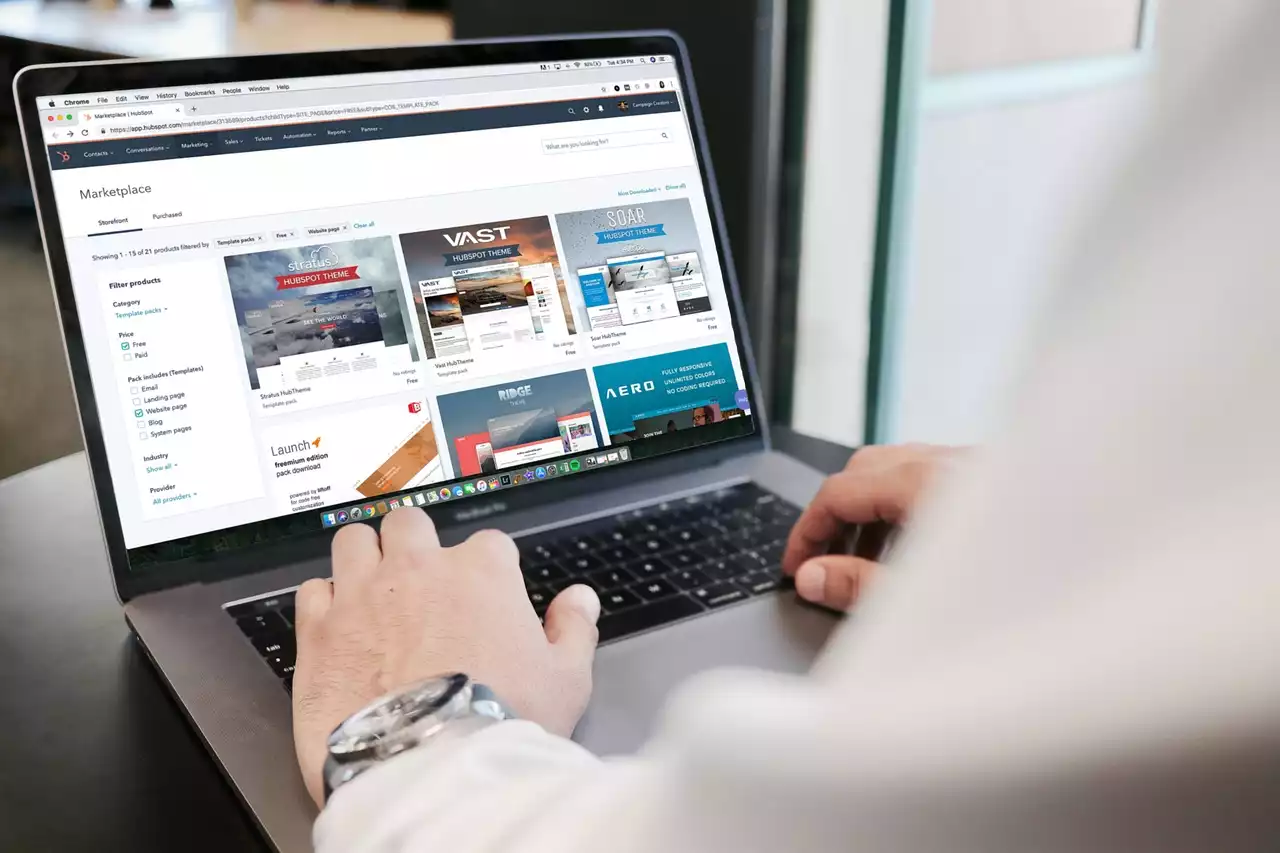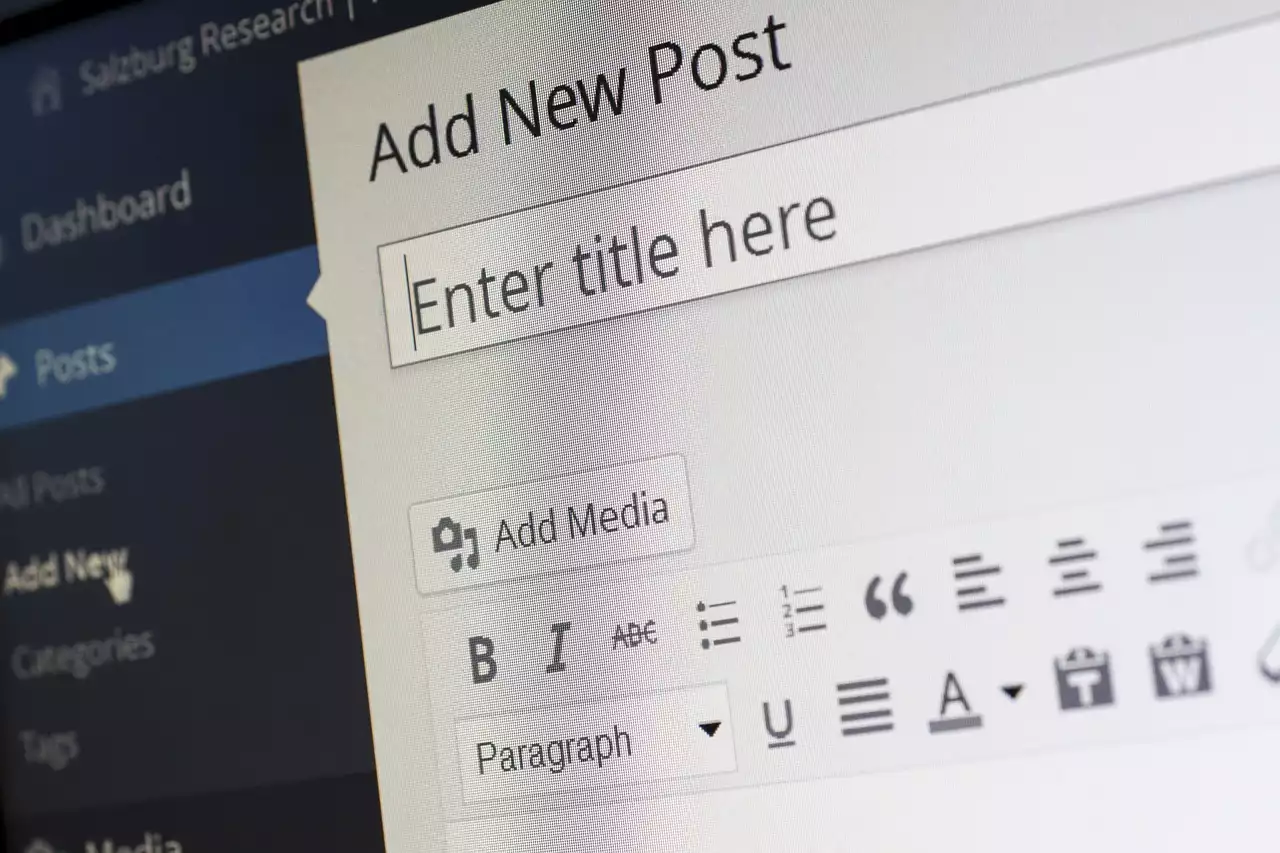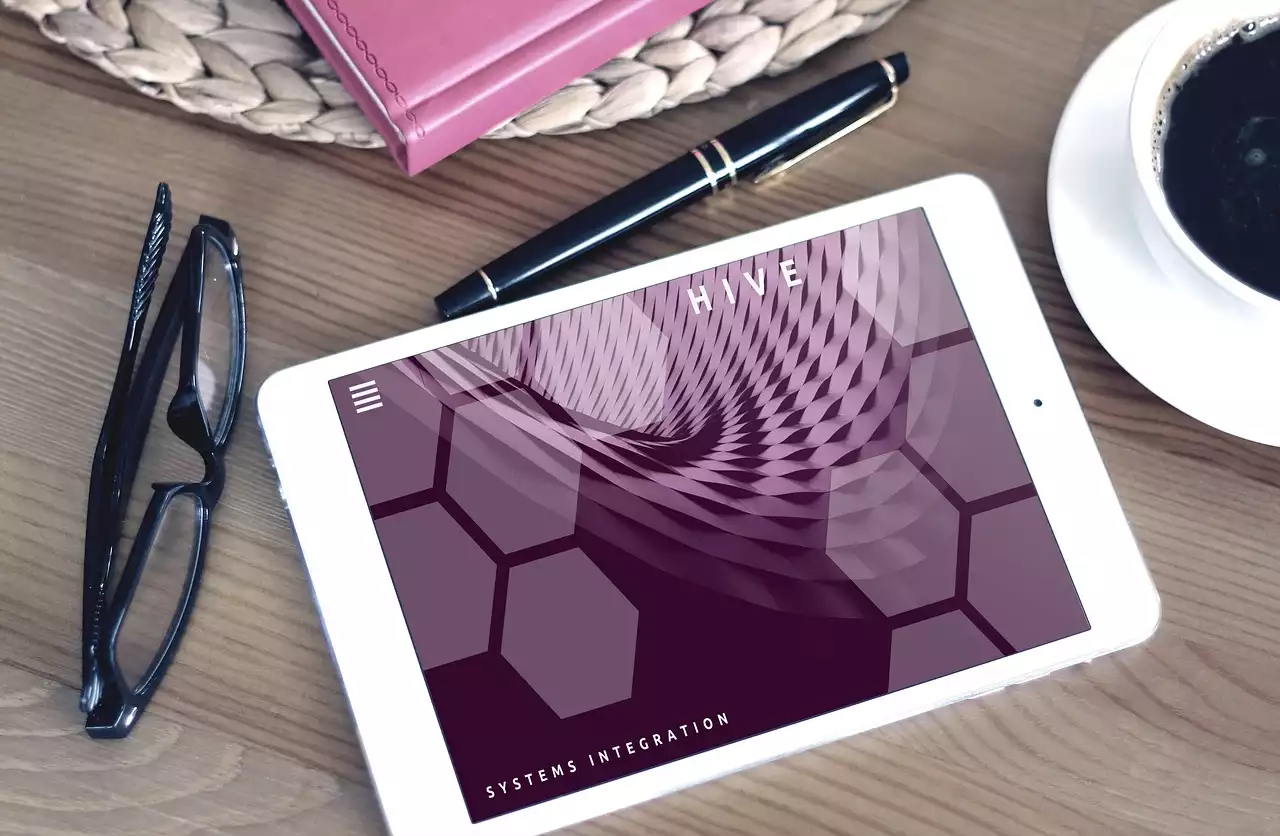Common Security Threats in CMS Development
CMS development is vulnerable to a wide range of security threats. Hackers are continuously looking for ways to exploit vulnerabilities in CMS platforms to gain unauthorized access to sensitive data. Some of the most common security threats in CMS development include:
SQL Injection Attacks
CMS platforms rely on databases to store and manage content. SQL injection attacks target CMS databases by injecting malicious code into SQL statements, which can lead to unauthorized access to sensitive data. This type of attack is prevalent in CMS platforms that use outdated software or plugins with known vulnerabilities.
Cross-site Scripting (XSS)
XSS attacks occur when attackers inject malicious scripts into a website's content, which can then be executed by unsuspecting users who visit the site. This type of attack is prevalent in CMS platforms that allow user-generated content, such as comments or forums.
Brute-force Attacks
Brute-force attacks involve repeated attempts to guess a user's login credentials. This type of attack is prevalent in CMS platforms that use weak passwords or have no limit on login attempts.
Importance of Security in CMS Development
The consequences of a security breach in CMS development can be severe. A data breach can result in financial losses, damage to reputation, and legal consequences. As a CMS developer, it's essential to prioritize security when developing and maintaining a CMS platform. Failure to do so can result in significant financial and reputational damage to your organization.
Best Practices for Secure CMS Development
To ensure the security of your CMS platform, it's essential to follow best practices for secure CMS development. Here are some best practices to consider when developing a CMS platform:
Use the Latest Version of CMS Platforms and Plugins
Using the latest version of CMS platforms and plugins is critical for maintaining security. Developers regularly release updates that address known security vulnerabilities. Failing to update your CMS platform or plugins can leave your website vulnerable to attacks.
Use Strong Passwords and Multi-Factor Authentication
Using strong passwords and multi-factor authentication can help prevent brute-force attacks. It's essential to use unique, complex passwords that are difficult to guess and change them regularly.
Restrict Access to Sensitive Data
Restricting access to sensitive data is critical for maintaining the security of your CMS platform. Only provide access to users who require it, and ensure that access is granted on a need-to-know basis.
Regularly Backup Your Data
Regularly backing up your data can help protect against data loss due to security breaches or other issues. It's essential to back up your data regularly and store backups in a secure location.
Types of Security Measures for CMS Development
There are several types of security measures that CMS developers can implement to help protect their CMS platform from security threats. Here are some of the most common types of security measures for CMS development:
SSL/TLS Encryption
SSL/TLS encryption is an essential security measure for CMS development. It encrypts data transmitted between a website and its users, making it difficult for attackers to intercept and access sensitive information.
Firewall Protection
Firewalls are another critical security measure for CMS development. They help protect your website from unauthorized access by blocking traffic from suspicious IP addresses and other sources.
Intrusion Detection/Prevention
Intrusion detection/prevention systems (IDS/IPS) are designed to detect and prevent unauthorized access to your CMS platform. These systems monitor network traffic for suspicious activity and can automatically block traffic from known attackers.
How to Secure Your CMS Site
Securing your CMS site requires a multi-layered approach. Here are some steps you can take to help secure your CMS site:
Use a Secure Hosting Provider
Choosing a secure hosting provider is critical for maintaining the security of your CMS site. Look for hosting providers that offer SSL/TLS encryption, regular backups, and other security features.
Use Security Plugins and Tools
There are several security plugins and tools available for CMS platforms, such as WordPress. These plugins and tools can help protect your website from security threats by monitoring for suspicious activity, blocking malicious traffic, and more.
Implement Two-Factor Authentication
Implementing two-factor authentication can help prevent unauthorized access to your CMS site. Two-factor authentication requires users to provide two forms of identification, such as a password and a code sent to their phone, to access their account.
Common Mistakes to Avoid in CMS Security
There are several common mistakes that CMS developers make when it comes to security. Here are some mistakes to avoid:
Using Default Login Credentials
Using default login credentials, such as "admin" or "password," is a common mistake that CMS developers make. These default credentials are easy for hackers to guess, making it easy for them to gain unauthorized access to your CMS platform.
Failing to Update Your CMS Platform or Plugins
Failing to update your CMS platform or plugins can leave your website vulnerable to security threats. Developers regularly release updates that address known security vulnerabilities, so it's essential to keep your CMS platform and plugins up to date.
Ignoring Security Warnings
Ignoring security warnings is another common mistake that CMS developers make. It's essential to take security warnings seriously and take steps to address them promptly.
Importance of Regular Security Audits
Regular security audits are critical for maintaining the security of your CMS platform. Security audits can help identify vulnerabilities in your CMS platform, such as outdated software or plugins, and provide recommendations for improving security. It's essential to conduct regular security audits to ensure the ongoing security of your CMS platform.










